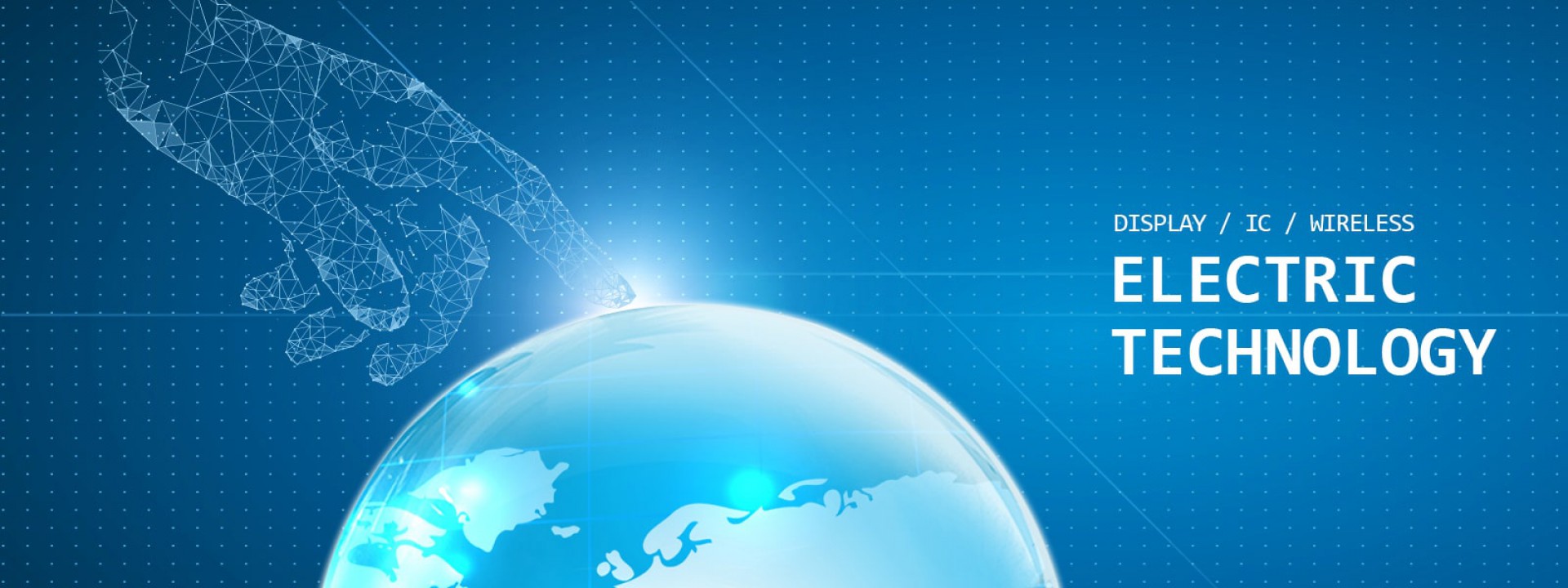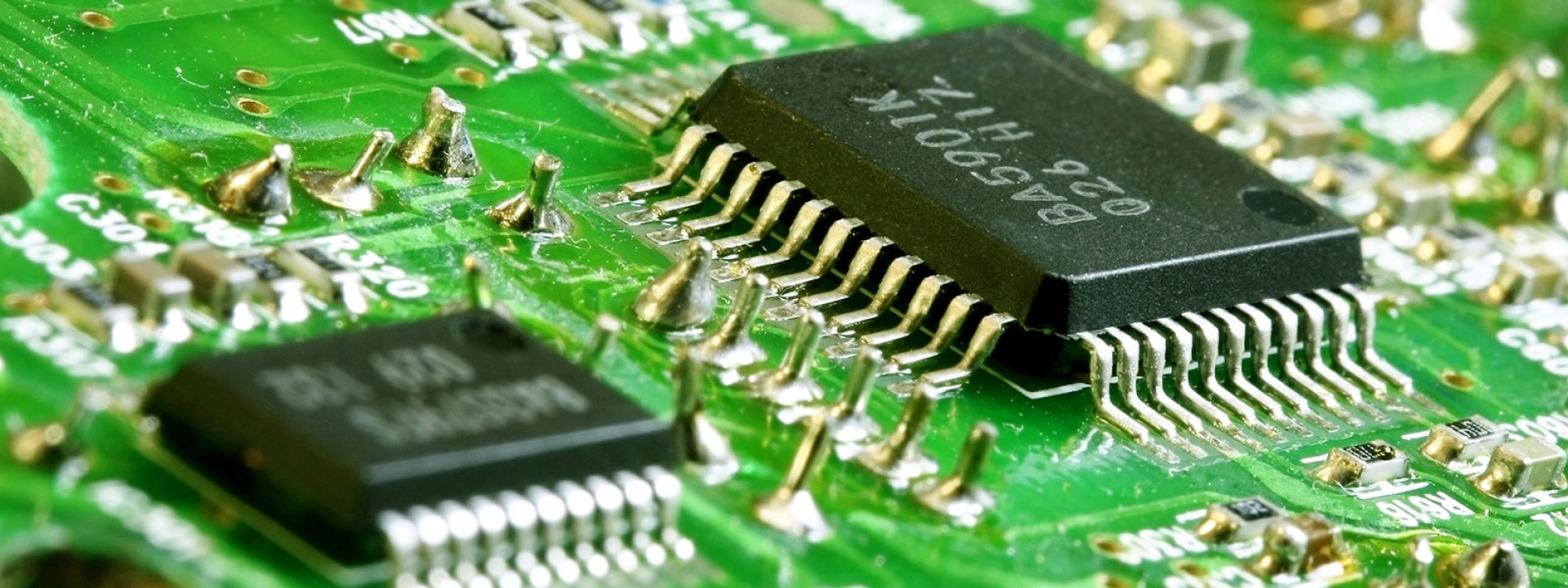News & Events
Major semiconductor suppliers around the world are finding different ways to strengthen their competitiveness, as industry analysts expect that most of them will achieve record revenues in 2022 due to strong global demand.
According to data released by IC Insights, the global semiconductor market value is expected to reach US$680.6 billion in 2022, an 11% increase from the US$614 billion in 2021.
Industry observers expect Samsung Electronics and Intel to continue to compete for the world's top chip seller this year. They also expect demand for memory ICs to rise due to strong PC and server demand.
Meanwhile, as more products and services related to AI, Internet of Things (IoT), automobiles, 5G communications, and high performance computing (HPC) are introduced, TSMC is adding investments to attract more clients. The company's investment expansion is likely also motivated by competition from Samsung and Intel.
Although demand for semiconductors is expected to stay high in 2022, chipmakers will still need to overcome challenges such as the COVID-19 pandemic and the US-China trade war. Component shortages caused by the restructuring of the tech supply chains could also impact the semiconductor industry.
Companies teaming up for memory development
Samsung Electronics and SK Hynix (both of which are foundries and memory IC suppliers) have teamed up with Intel recently.
Despite being competitors in the foundry business, Samsung and Intel cooperate as partners in the development of solid-state drives (SSDs). The companies recently co-developed the PM1743 high-performance PCIe 5.0 SSD, which has attracted industry attention. While Samsung is trying to build up a larger presence in the SSD market by utilizing Intel's PCIe interfaces, Intel expects PCIe to become the mainstream specification for server SSDs.
The growing demand for data centers also helped contribute to the companies' decisions to collaborate. Research firm Omdia predicts that the server SSD market value will surge by 14.3% from US$19.1 billion in 2021 to US$33.6 billion in 2025.
During the launch ceremony of PM1743, Samsung revealed its ambition to build a PCIe 5.0 ecosystem with Intel and other tech firms. Meanwhile, Intel said that its partnership with Samsung could improve the stability and maturity of the PCIe 5.0 interface and that it intends to continue working with Samsung in the future.
SK Hynix wins China approval to take over Intel's NAND business
Near the end of 2021, SK Hynix was granted merger clearances with conditions by the Chinese authorities for its acquisition of Intel's NAND memory and storage unit. This could pave ways for the two companies to engage in deeper collaboration.
SK Hynix will take over Intel's SSD business and its NAND flash manufacturing facility in Dalian, China. In exchange, SK Hynix will pay Intel US$7 billion to complete the first phase of the deal.
SK Hynix previously said it would rebrand Intel's SSD business unit as a new subsidiary, Solidigm, based in San Jose, California, US. The subsidiary will engage in production, sales, and R&D of SSD-related products.
SK Hynix holds an advantage in NAND flash applications for mobile devices over its competitors, while Intel has mainly focused on enterprise-level SSDs. Industry observers expect the SK Hynix-Intel deal will help improve SK Hynix's competitiveness in the NAND flash market and will allow Intel to develop strengths in other businesses.
Intel and Samsung competing in foundry market
Even though they collaborate in memory development, Intel and Samsung are fiercely competing in the foundry market. Industry analysts said the competition could intensify in 2022, especially after Intel CEO Pat Gelsinger visited TSMC in Taiwan to reportedly discuss collaboration on advanced process nodes.
Currently, TSMC controls over 50% of the global foundry market, while Samsung has a 17.1% share. Although Intel has announced plans to return to the foundry market and is actively expanding production, it has not caught up with the 10 companies leading the foundry sector.
In July 2021, Intel announced that Qualcomm and Amazon will be among the first major customers for its new Intel Foundry Services (IFS) business established in March. Recent media reports suggested that Intel will also acquire Israel-based Tower Semiconductor for US$5.4 billion, which will significantly improve Intel's competitiveness.
Since TSMC holds over 50% of the global foundry market, industry observers believe that Intel will treat Samsung as its main competitor. The two major IDMs have been partners and competitors in different areas, and they are likely to continue their complicated relationship in the future.
TSMC and Intel expanding investments in chip manufacturing
TSMC recently announced that its 2022 capital expenditure would reach US$44 billion, increasing 40% from 2021, and surpassing Samsung's US$3.8 billion. The news stunned the South Korea semiconductor industry. The "money war" has put Samsung in a tough situation.
Although Samsung did not disclose specific numbers regarding the capital expenditure for its foundry business, its capital expenditure for memory, foundry, and system ICs was about KRW 43.6 trillion (US$35.6 billion) in 2021. Sources at the South Korea semiconductor supply chain said TSMC's expanded investments would make it more difficult for Samsung to catch up with the Taiwanese giant in the foundry market.
Meanwhile, sources familiar with Samsung said the company will try to pay attention to the market developments in 2022 and continue its semiconductor investments. They said Samsung is considering investing in factories in Pyeongtaek-si, South Korea and Taylor, Texas, US. Market observers predict that Samsung's semiconductor investment would reach US$38 billion in 2022.
Meanwhile, sources at the Korea Semiconductor Industry Association said that if TSMC is considered a food court, Samsung should strive to become a Michelin star restaurant. In other words, the sources believe that Samsung can attract more clients by optimizing legacy nodes and adding investments in advanced processes.
In contrast, 70-80% of TSMC's capital expenditure will be used toward the development of 2nm-7nm advanced processes.
As TSMC and Samsung expand their semiconductor investments, Intel has stepped up its investments in the foundry business. The US tech giant recently announced plans to develop a Silicon Heartland in Columbus, Ohio with a US$20 billion investment to set up two new foundries in the beginning and eight foundries eventually. The company is expected to spend over US$100 billion on the project over the next decade.
TSMC, Samsung, and Intel are all planning to set up new factories in the US. Samsung will enter volume production of its 3nm process in the first half of 2022, deliberately ahead of TSMC's planned 3nm mass production in the second half of the year. Although Intel has yet to begin its 7nm process, industry analysts said the three companies will likely compete to achieve 2nm process production in 2025.
By DIGITIMES






